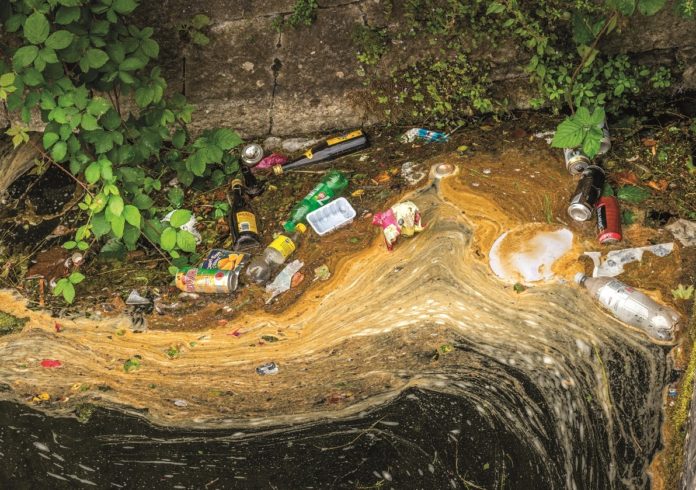A new European Environment Agency report, Circular economy in Europe: insights on progress and prospects, has found that circular economy initiatives in Europe would be helped by investment in upscaling innovative technologies and monitoring of progress towards circularity.
The report finds that European firms are increasingly adopting circular business models, focusing mainly on operational efficiency and reducing waste. Moving from product- to service-based business models is also seen as a promising development.
Surveys show that 21 out of 32 responding EEA member countries already support circular economy initiatives, using regulation and market-based instruments for recycling, energy recovery and waste management, with softer policy instruments, such as labelling and information campaigns, used for eco-design, consumption and reuse.
The report notes that many relevant data, for example on the production and consumption phases of product life-cycles, are not available in established information systems, including national statistics.
It also points out that circular economy policies and initiatives need to be more closely integrated with bio-economy and climate policies. The water and waste sector is highlighted as a significant generator of waste flows; the textiles industry is identified as a major water user. SMEs across Europe were found to be reducing material and water use, but mainly because they are reducing internal production costs.








